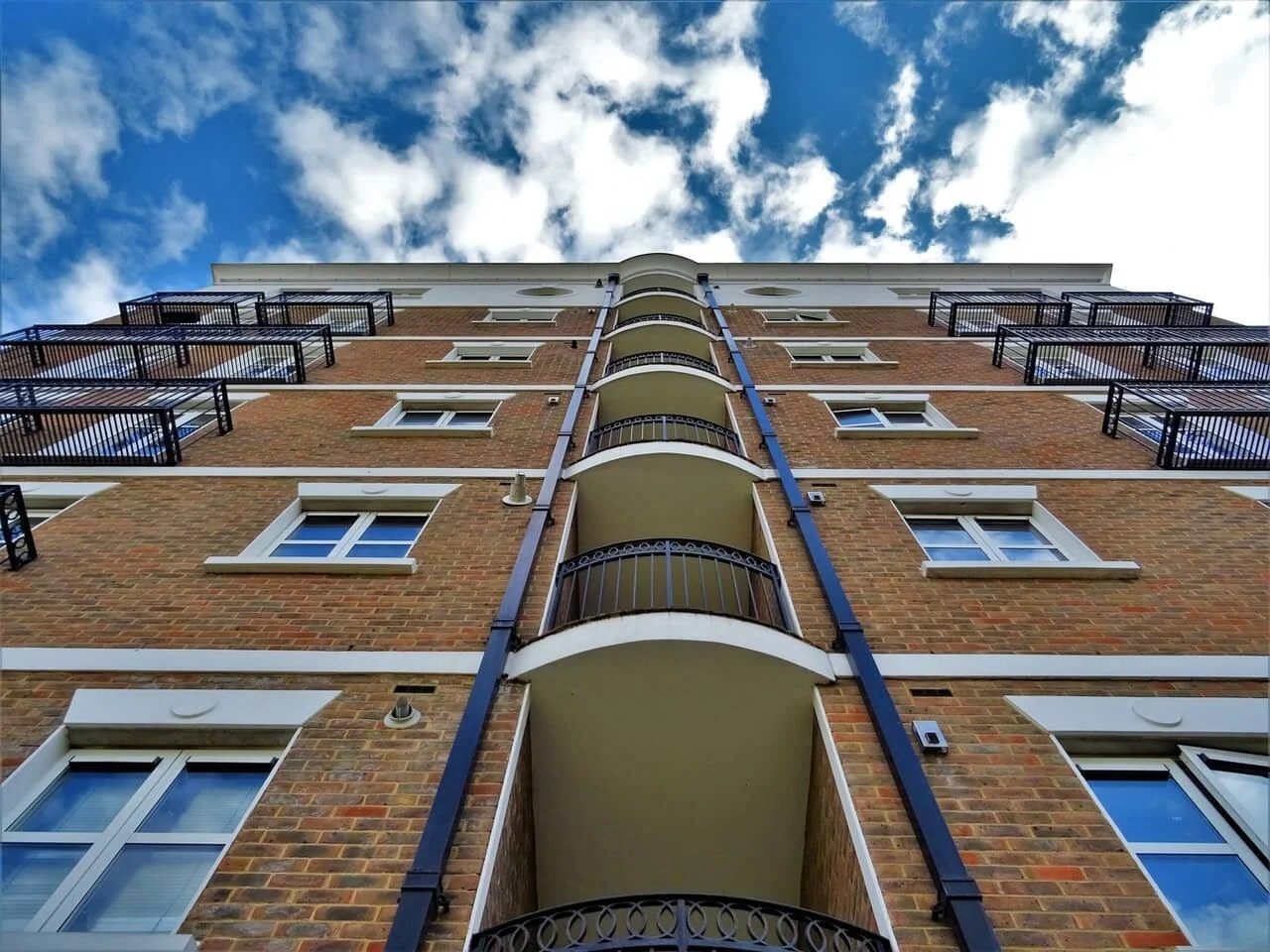Multifamily real estate is a fantastic investment option for many people, but it isn’t for everyone. In this article, we’ll review everything you need to know about the pros and cons of apartment ownership.
How to Buy Your First Apartment Building
In this article, we’ll review almost everything you need to know to purchase your first apartment property. Over the next three sections of this guide, we’ll answer questions including how to get investors, how to find your first deal, how to get a multifamily loan, how to close, and what to do after closing.
Small Apartment Loans for Investors: The Ultimate Guide
The definition of a small balance apartment loan varies from market to market and lender to lender but is typically defined as a loan between $750,000- $1 million to $5-7 million. While these loans may seem large to the smaller investor, many multifamily lenders are institutional in nature and rarely provide loans under $10 million.
The Top 20 Property Management Companies of 2020-2021
Owning and operating a multifamily property can be a challenge, however, if you employ a competent property management firm, you’ve already won half the battle. In this article, we’ll review some of the top 20 multifamily property managers of 2020-2021, including Greystar, BH Companies, Lincoln Property Company, Pinnacle Property management, Bozzuto, Cortland Properties, and more.
What is a Non-Recourse Loan in Multifamily Real Estate?
When it comes to multifamily and commercial real estate loans, there are two main types of financing; recourse and non-recourse. When a borrower gets recourse financing, they are typically personally liable if they default on (or do not pay back) their loan. This means that the bank or lender may be able to seize their personal property to achieve repayment of the debt. In contrast, if a borrower has a non-recourse loan, the bank or lender generally can only take back the property as collateral for the debt instrument.






